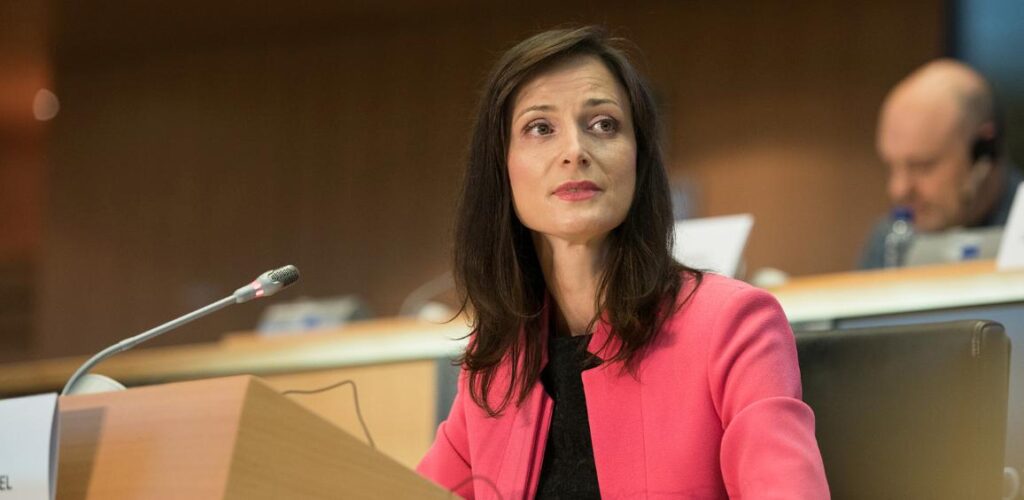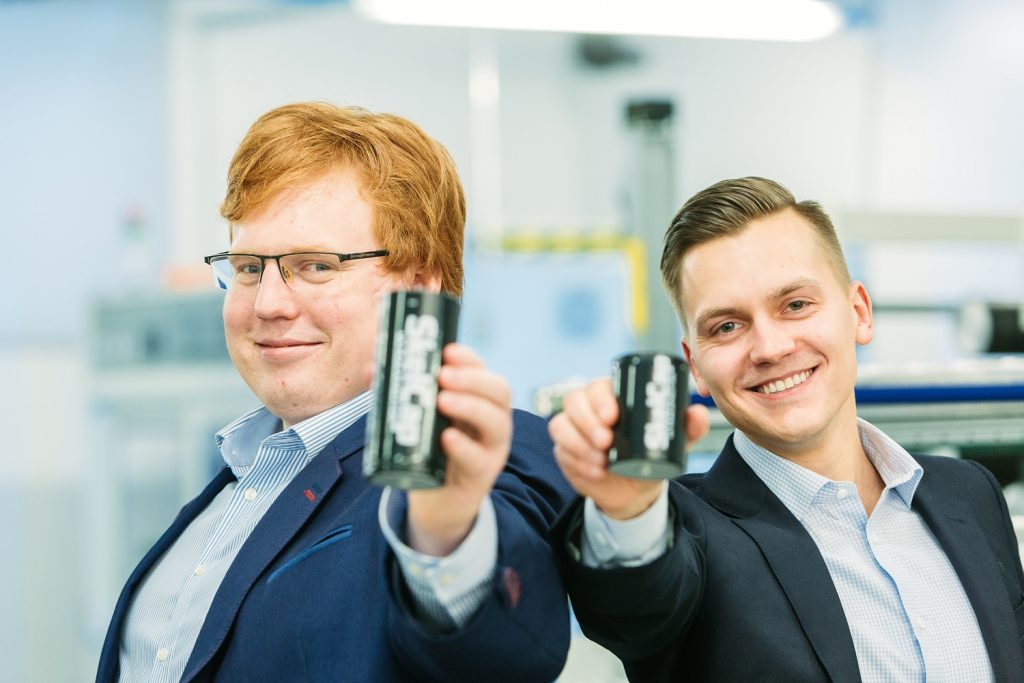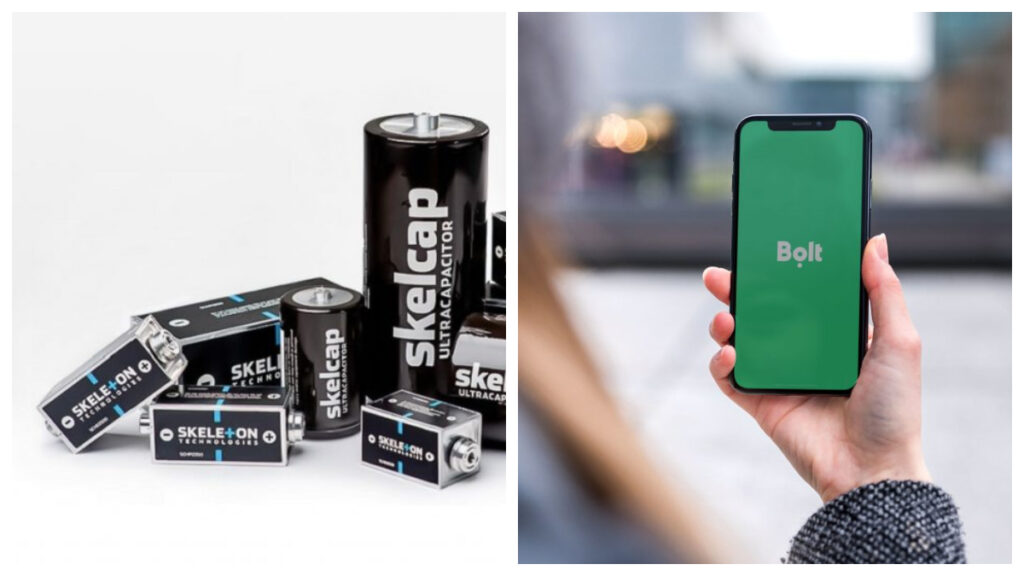A newly-founded European Union “unicorns’ group” includes two Estonian companies – the already unicorn rideshare company Bolt, and Skeleton Technologies, an ultracapacitor producer that is expected to become a unicorn.
The EU commissioner for innovation, research, education, culture and media, Mariya Gabriel, invited over 30 founders and CEOs of European tech companies to share their experiences, visions and ideas for the rise of a European innovation ecosystem. The newly-founded EU “unicorns’ group” is aimed to provide thought leadership and contribute to creating a new generation of global champions coming from the EU, according to Skeleton.

A company is called a “unicorn” when its market value exceeds USD1 billion. Bolt became a unicorn in 2018; Skeleton is not there yet, but according to the company, the EU commission expects it to become one in the coming months.
The EU “unicorns’ group” is comprised of more than 30 European companies. According to Skeleton, the selection was based on the assessment of technology, capital raised, current and prospective company valuation, patents and other assets, or existing market leadership.
In addition to Bolt and Skeleton, the other members of the group are Adyen, Almotive, Bitpanda, Blablacar, Booking.com, Brainly, Cabify, Collibra, FacilityLive, Geneplanet, GTMHub, Hellasdirect, HMD Global, HotJar, Immedis, Indigo diabetes,Innovafeed, IO Biotech, Klarna, Lilium, Mintos, Neuron SW, Northvolt, Photoneo, Rimac automobile, Spotawheel, Supercell, TWINO, UiPath, Unbabel, Vinted and Zalando.
Not all of these companies are unicorns yet, but they’re expected to become one.
A need to invest in the future
During a meeting of the “unicorns’ group” on 30 March, the group suggested a European Tech Fund to invest in the industrial sectors of tomorrow. The fund should aim to leverage at least €100 billion in public/private funding to anchor European champions and have a long-term, equity-based focus with a commercial, profit-oriented model, according to a press statement issued by Skeleton.
“Europe is strong in R&D and deep tech in academia but, due to lack of commercialisation, has fallen behind the US and China. The public sector can have a strong role as the early, supportive customer for frontier technology, mobilising procurement to eliminate market risk before a new technology is commercially ready. But innovation must be in the DNA of public procurement policy. We cannot be always paying for the past, we need to invest in the future,” Taavi Madiberk, a co-founder and the CEO of Skeleton, said in a statement.

“With deep tech and the green transition combined, we are experiencing the largest industrial revolution. There will undoubtedly be winners and losers, which is why we feel the need for speed. The public sector can act as a catalyst, but solutions will come from the private sector.”
Skeleton Technologies is an Estonian provider of ultracapacitor energy storage in automotive, transportation, grid and industrial applications.
Bolt is an Estonian-founded rideshare company that operates in over 200 cities in 40 countries.
Cover: A newly-founded European Union “unicorns’ group” includes two Estonian companies – the already unicorn rideshare company Bolt, and Skeleton Technologies, an ultracapacitor producer that is expected to become a unicorn.

